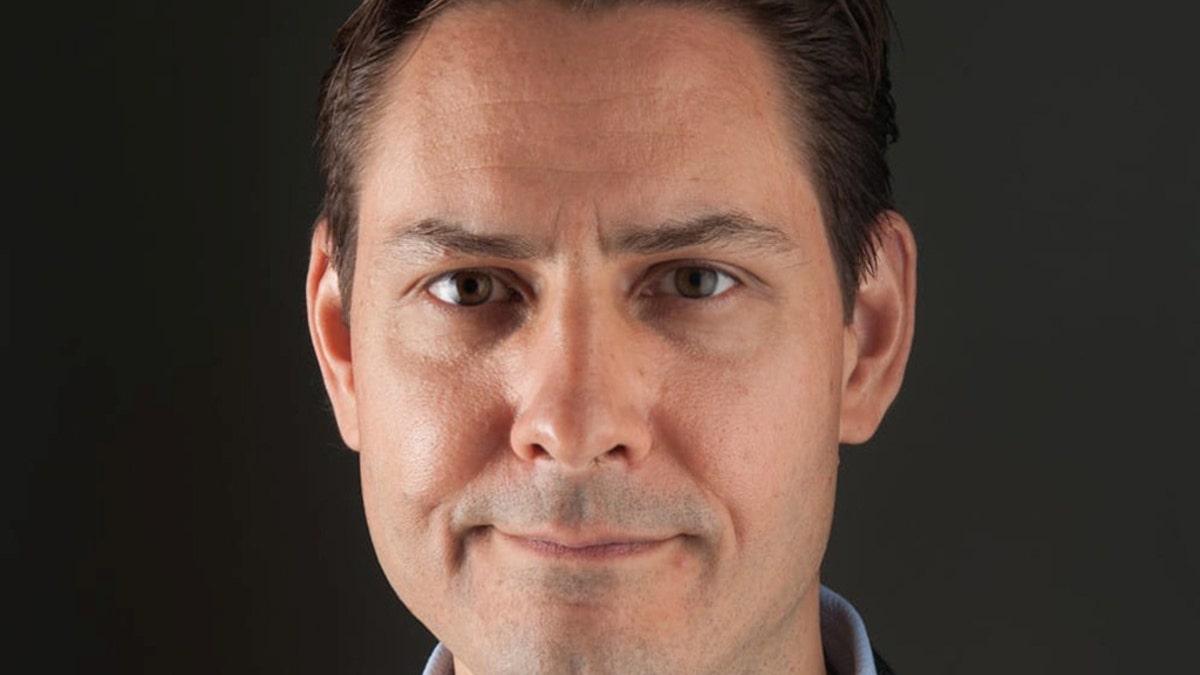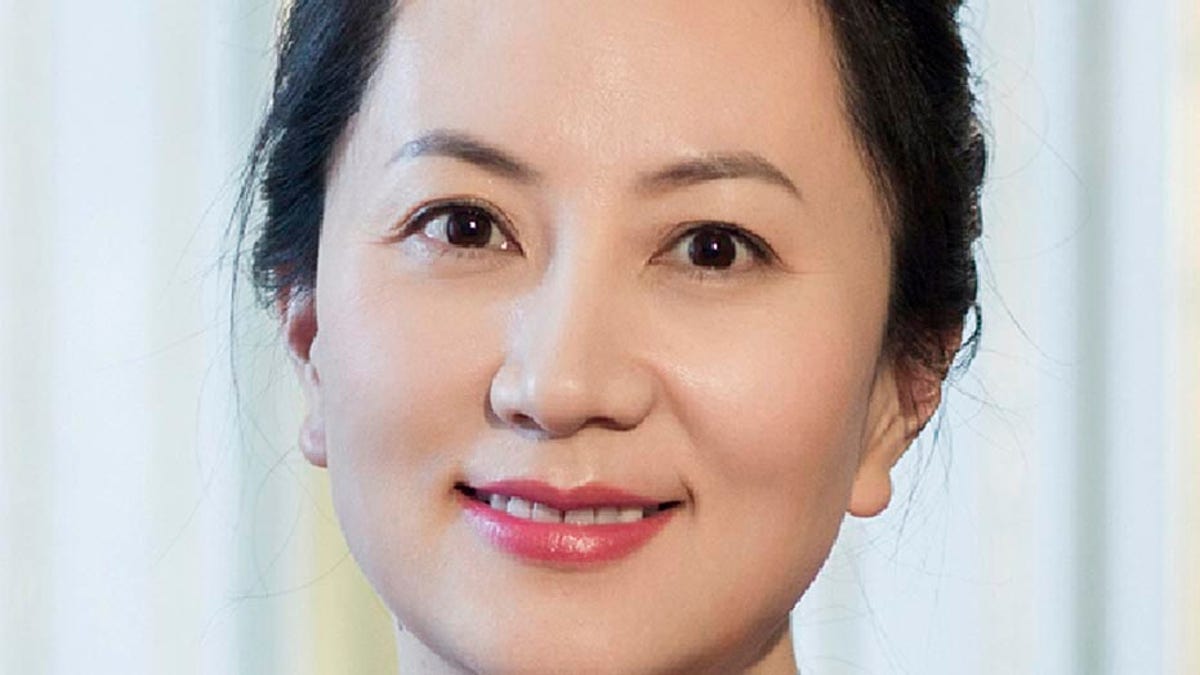
Michael Kovrig, an employee with the International Crisis Group and former Canadian diplomat, has been arrested in China. (Reuters)
The former Canadian diplomat detained this week by China -- amid the furor over the arrest in Canada of a top Chinese tech executive -- remained locked up Wednesday, with China's spin careening from denying the man's detention to claiming he's a national security risk.
The detention of Michael Kovrig on Monday is seen by some as a retaliatory act for the legal saga engulfing Huawei CFO Meng Wanzhou, who faces possible extradition to the U.S. after being picked up by Canadian authorities earlier this month. Meng, who was granted bail Tuesday but must remain in Vancouver, is accused of using a Hong Kong shell company to sell equipment to Iran in violation of U.S. sanctions.
"If there is such a thing, please do not worry, it is assured that China's relevant departments will definitely handle it according to law,” Chinese Foreign Ministry spokesman Lu Kang told reporters on Wednesday when asked about Kovrig’s detention.
"I do not have information to provide you here," he added.
Kang’s statement was in direct contrast to a report published late Wednesday in the state-run Global Times newspaper, which cites the Beijing State Security Bureau as saying that Kovrig was detained on “suspicion of jeopardizing China's national security.”

In this undated image released by Huawei, Huawei's chief financial officer Meng Wanzhou is seen in a portrait photo. (AP/Huawei)
Canadian Public Safety Minister Ralph Goodale confirmed the detention of Kovrig on Tuesday and said Canada is very concerned. The U.S. State Department said it is also worried about the arrest and called on China to “end all forms of arbitrary detention and to respect the protections and freedoms of all individuals under China’s international human rights and consular commitments."
“We’re obviously worried whenever a Canadian is put in a situation that puts them at some risk or jeopardy where there’s no apparent or obvious cause or trigger for that,” Goodale said Tuesday. “So before we characterize it, we want to make sure we get all the facts.”
Kovrig is currently employed by the International Crisis Group, a Brussels-based organization that aims to “prevent wars and shape policies that will build a more peaceful world."
“As Senior Adviser for North East Asia he conducts research and provides analysis on foreign affairs and global security issues in North East Asia, particularly on China, Japan and the Korean peninsula,” reads an excerpt of his bio on their website.
But Rob Malley, president of the company, told the Associated Press he thinks Kovrig was in Beijing on a personal trip and definitely not for any illegal purpose or for any reason that would undermine China's national security.
Kang, meanwhile, says the organization is operating illegally in China since it is not registered there.
"Once its staff become engaged in activities in China, it has already violated the law," he said Wednesday.
Chinese law makes it extremely difficult for foreign non-governmental organizations to register because they have to find a local sponsor, James Zimmerman, a lawyer in Beijing and former chairman of the American Chamber of Commerce in China, told the Associated Press.
"In my view (Kovrig's custody) is purely for strategic reasons," Zimmerman said.
Hu Xijin, the editor-in-chief of the Global Times newspaper, wrote on Twitter that Kovrig’s detention “stemmed from Canada arresting Meng Wanzhou,” but believes there is “no evidence [that] suggests this is [the] Chinese government's retaliation.”
Zeng Yuan, a university student in Beijing, was among those who believe Kovrig's case is related to Meng's.
"It is a kind of declaration to the Canadian government," the finance student told the Associated Press. "This makes sense. China cannot sit and await its fate, and let them make ambiguous accusations against Chinese citizens."
The Associated Press contributed to this report.
